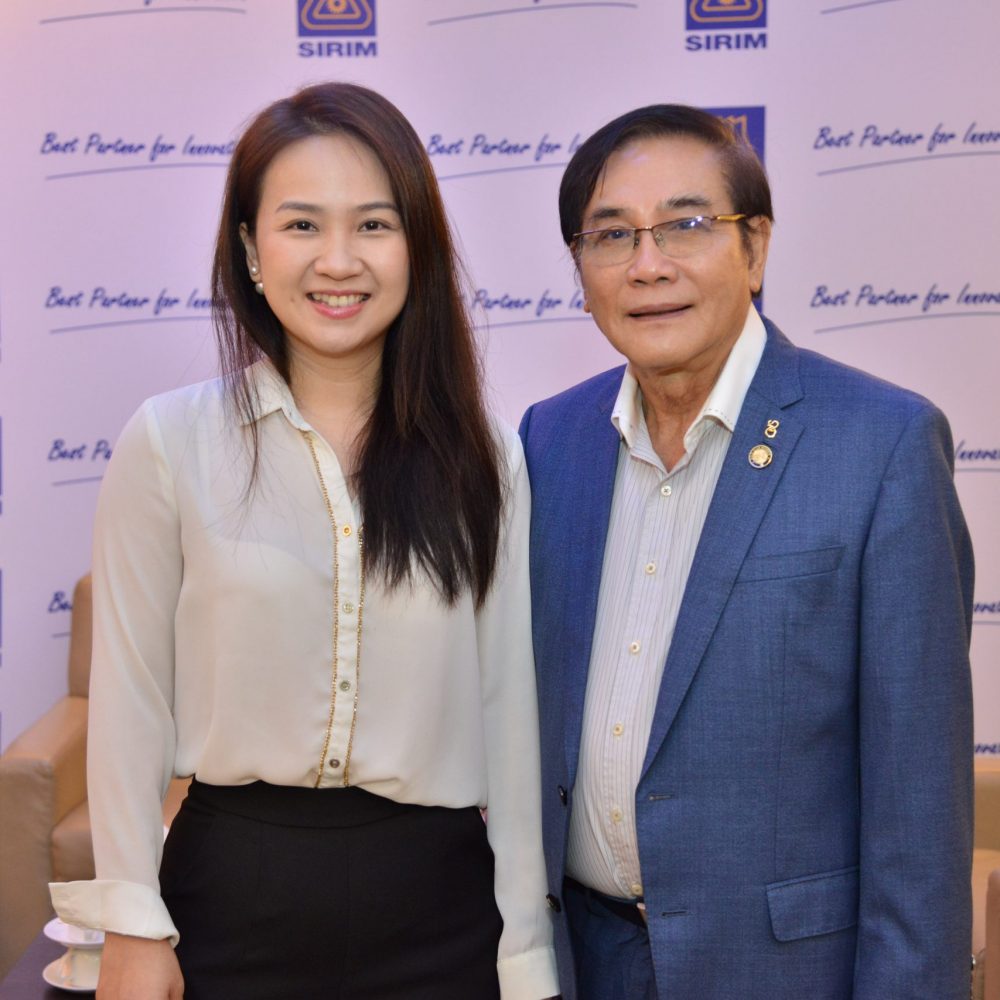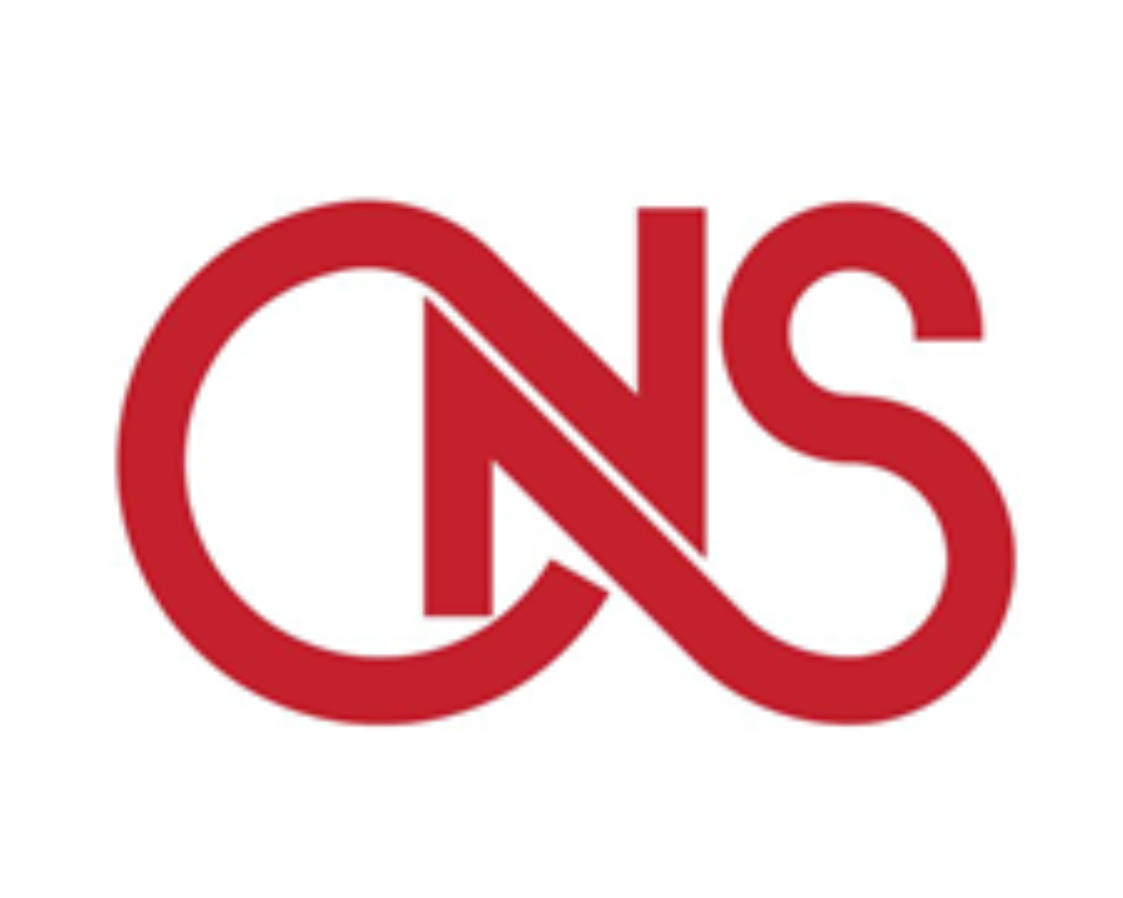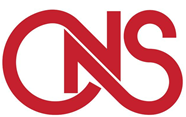13 Dec Coaching to Multiply Leaders and Talent

A Heart Coach: “Through Dr Sim’s insights and actions, I have learned that a company and its people can come together to make a difference in the world. What we need is the solidarity of mind, the oneness of heart, the fortitude to collaborate and the humility to cooperate with one another.” Low Lay Har, President, CNS Group of Companies (left), pictured here with Dr Sim Quan Seng, Founder and Chairman, CNS Group of Companies.
Latent Potential
Every human person is born with the potential to achieve great things. This can be said for every employee; though, these potentials manifest in different ways in different people.
The challenge to me as an employer is to draw on these capabilities so that employees are nurtured into, as Liz Wiseman proposed in How the Best Leaders Make Everyone Smarter, ‘multipliers’ who foster growth and act as a catalyst to greatness.
Coaching to nurture ‘multipliers’
According to Wiseman, and through experience, I concur, “multipliers see the world and everyone in it as wells of endless possibilities”. They make geniuses and make us see things we can’t see in ourselves, and we can then use this newfound awareness to create exponential growth in whatever capacity as needed.
Coaching is a powerful tool that can help guide someone to be aware of oneself and therefore, discover one’s capability and establish a strong sense of ownership; that is the hallmark of multipliers.
As a coach, one creates a long-standing relationship based on the goals of creating awareness, defining responsibility and understanding the choices at hand. This, in turn, establishes trust.
Trust is the best resource for multipliers because they will use it to explore as a team, push for progress, consult others and offer support. Multipliers are ‘talent magnets’ and ‘masters of attraction’ who have the skills to assemble a ‘master team’.
Recognising Talent
It isn’t enough simply to take on talented individuals; we must recognise exactly what they bring to the table. Sometimes, talented people may not recognise, in themselves, their talents.
Akin to sports coaches who need to know their players’ strengths and weaknesses and use these strengths within a constantly changing game plan, coaching can tease out talents through challenging situations. Once found, multipliers will use their talents to the fullest.
Collaboration as the Norm
Coaching requires a sense of open-mindedness and necessitates purposeful listening, where feelings and barriers are recognised, and solutions and choices are made the focus.
I have witnessed that through asking questions and being open to inputs, effective coaching can create an environment in which ideas flow easily, where collaboration is the norm, and complex problems find their way to a solution.
Establishing Responsibility
The goal of coaching is to guide the ‘coachee’ in acknowledging and establishing responsibility. It empowers a coachee to be self-motivated, self-managed and self-sustaining, creating a stakeholder who is invested in developing a plan of action that he or she feels accountable for.
I am insistent that this plan should allow for mistakes to happen so that lessons can be learned. It should challenge people, highlighting the need for innovation. When the time comes, multipliers will feel responsible to draw capabilities from those within their own ranks to resolve macro-level problems.
Dealing with Diminishers
Over the years, knowingly or unknowingly, the practice of coaching has and continues to help me in harnessing a company’s most valuable asset – its people.
But there have been times when things have fallen through the cracks, and I have lost opportunities to create strong relationships with what could have been capable people.
According to Wiseman, ‘diminishers’ can be geniuses, but sometimes they can nullify the intelligence of others, think only of themselves, shooting down every idea that comes their way in favour of their own.
At times, I wish I had dealt with these individuals differently, listened to their concerns, invited them to understand my own, and worked together towards a more amenable solution by simply encouraging them to collaborate.
The Power of Coaching
I hope more heads of companies will recognise the power of coaching, and that we will use our hearts as much as we do our heads to lead our people.
For when people move towards a common purpose, they experience the satisfaction of achieving a goal or an outcome.
When this happens, leaders, me included, must put it right back out there through our leadership.
Drop me a comment to share how reading this article made you feel.
Have a great week ahead.
Dr Sim Quan Seng


No Comments